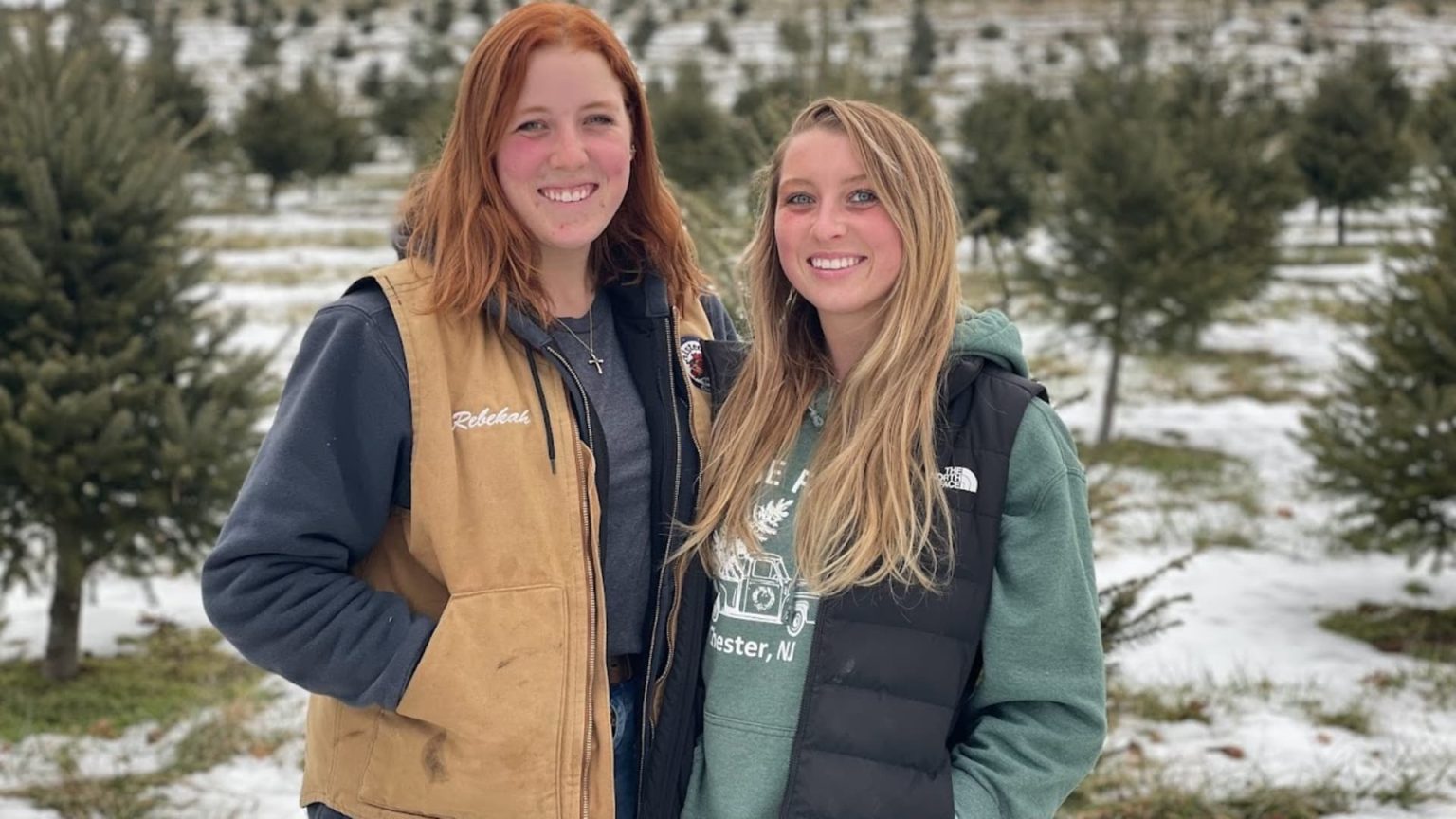Sisters Rebekah Alstede Modery and Sarah Alstede were raised on a New Jersey farm and have now decided to spend their careers there as well. Rebekah graduated in 2023 with a double major in agricultural business and sustainable agricultural production from Delaware Valley University, making it an easy decision for her to commit to staying on the family farm. Sarah, who recently graduated from Centenary University with a degree in animal science, also had a strong bond with the farm and knew she wanted to be there forever. In February, the sisters joined their father and stepmother as co-owners of Alstede Farms, making the farm majority women-owned.
According to the National Agricultural Statistics Service, there were about 1.22 million female producers in 2022, representing about 36% of all producers. While it has traditionally been a male-dominated field, data indicates that women are often key decision-makers for farms. The 2022 Census of Agriculture showed that women were heavily involved in making day-to-day decisions, record-keeping, financial management, and estate and succession planning. With more women like Rebekah and Sarah taking on key roles in farming, they will need to navigate growing financial challenges such as farm consolidation, debt, high interest rates, and climate change.
The total number of producers in the U.S. has hardly changed in recent years, but farms continue to consolidate, with a decline in the number of farms but an increase in the average farm size. According to the USDA Economic Research Service, about 23% of farms in the U.S. carried debt in 2022. High interest rates have made it more expensive for farms to carry debt, creating liquidity challenges. Climate change and weather extremes have also become increasingly challenging for farmers, with changing temperatures and rainfall posing significant stressors. Farming investments, such as wind machines to deal with frost, can be capital-intensive and often require traditional loans for financing.
In mid-March, Alstede Farms experienced a frost-freeze period that threatened the life of new blooms on the farm. Rebekah, now working as the farm’s assistant production manager, led efforts to protect crops like apples, peaches, plums, and apricots, as well as early crops like strawberries. Such efforts are a huge undertaking, with labor costs and investments in protective measures adding up. Last year, the farm lost eight busy weekends in the fall due to rain, resulting in hundreds of tons of apples being sold for juice at a fraction of the price. Despite these challenges, Sarah and Rebekah feel equipped to handle the future of the farm, having seen their family overcome hardships in the past. With the grit and determination instilled in them by their family, the sisters are ready to face whatever challenges come their way as they take on key roles in making decisions for Alstede Farms.


